HRF (Human Rights Foundation) USB Campaign “Flash Drives for Freedom”
- Transfer
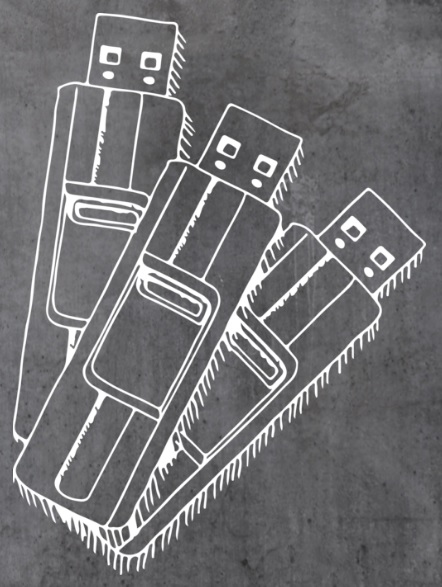
Prologue
Действенным компонентом защищенного периметра агрессивной стратегии Информационной Безопасности является процедура запрета на подключение, использование и любое задействование USB-накопителей, встроенных считывателей (карт-ридеров) и дополнительных устройств на защищаемом оборудовании.
Ведь внешние (принесенные пользователем) USB-накопители часто являются потенциальными источниками заражения (носителями вирусов и шпионских программ) и хаоса на рабочем месте.
Кроме этого, пользователь может скопировать конфиденциальную информацию, вынести USB-накопитель, потерять его и т.д.
Даже когда просто находишь USB-накопитель на улице, то лучше проверить его, подключив к устройству с Linux.
Ну хорошо, а когда под рукой много USB-накопителей – не выкидывать же их? Я, например, записываю на такие неиспользуемые USB-накопители образы Linux Mint и просто раздаю знакомым и друзьям для их установки.
Но вот как можно использовать такие ненужные накопители против целой страны… Про это история ниже.
Ведь внешние (принесенные пользователем) USB-накопители часто являются потенциальными источниками заражения (носителями вирусов и шпионских программ) и хаоса на рабочем месте.
Кроме этого, пользователь может скопировать конфиденциальную информацию, вынести USB-накопитель, потерять его и т.д.
Даже когда просто находишь USB-накопитель на улице, то лучше проверить его, подключив к устройству с Linux.
Ну хорошо, а когда под рукой много USB-накопителей – не выкидывать же их? Я, например, записываю на такие неиспользуемые USB-накопители образы Linux Mint и просто раздаю знакомым и друзьям для их установки.
Но вот как можно использовать такие ненужные накопители против целой страны… Про это история ниже.
The abbreviation is hereinafter referred to as the Human Rights Foundation - HRF.
The organization for the protection of human rights is trying to exert influence on the part of the population of the most closed society in the world, using only USB-drives (donated, previously used, etc.).
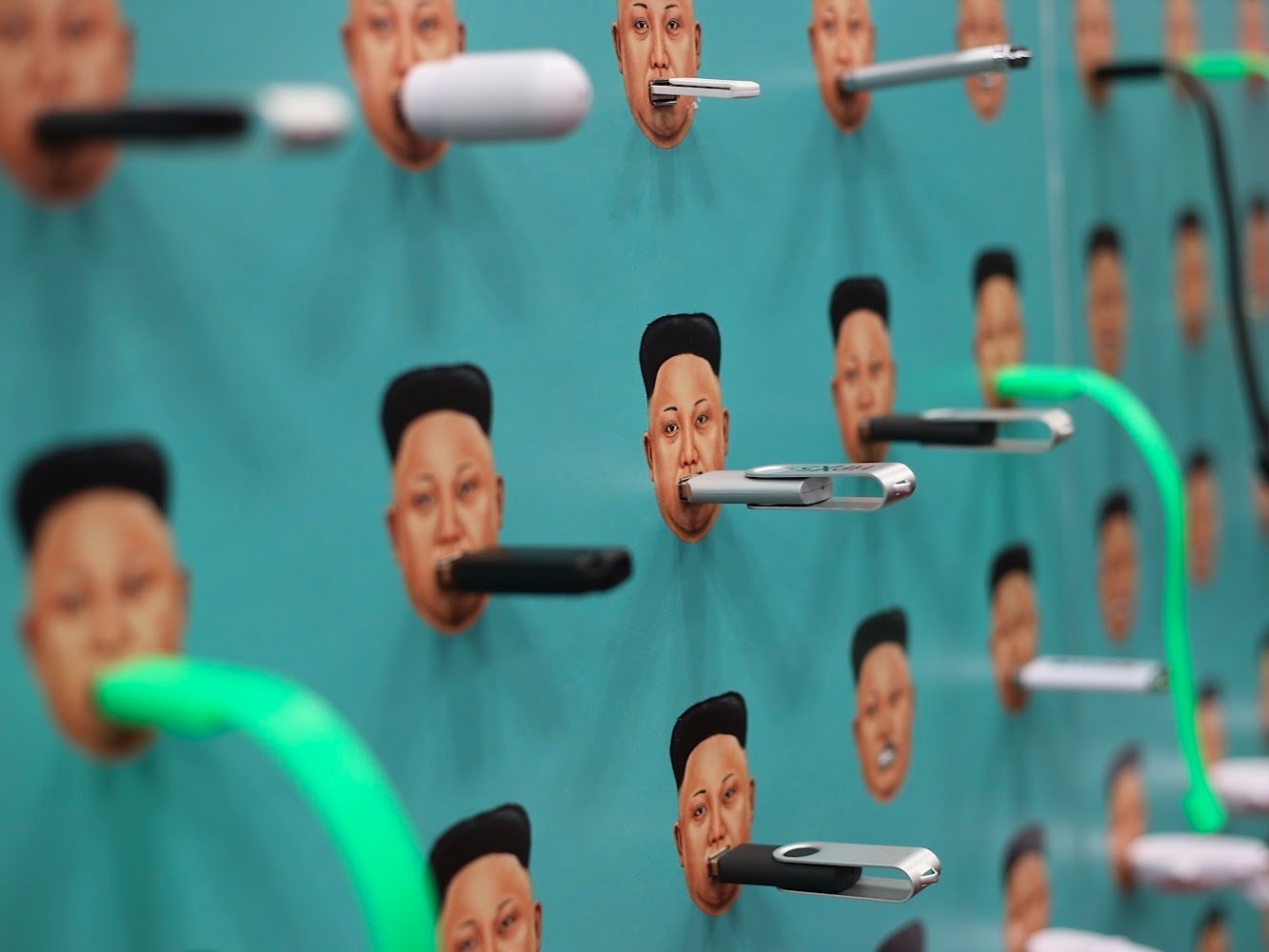
In 2016, the Human Rights Foundation launched the Flash Drives for Freedom mechanism (donate Flash Drives for Freedom) to destabilize the canons of North Korea’s totalitarian system, focusing on creating a more free and open society in the future. educational information without relying on the help of diplomats and without conducting any military operations.
By the end of 2016, about 10,000 USB drives loaded with “disruptive” content were illegally delivered to the country.
“Truth is an incredibly dangerous weapon,” said Alex Gladshtein, director of strategic affairs for the Human Rights Foundation.
Often referred to as the “Hermit Kingdom”, North Korea is one of the most closed societies in the world.
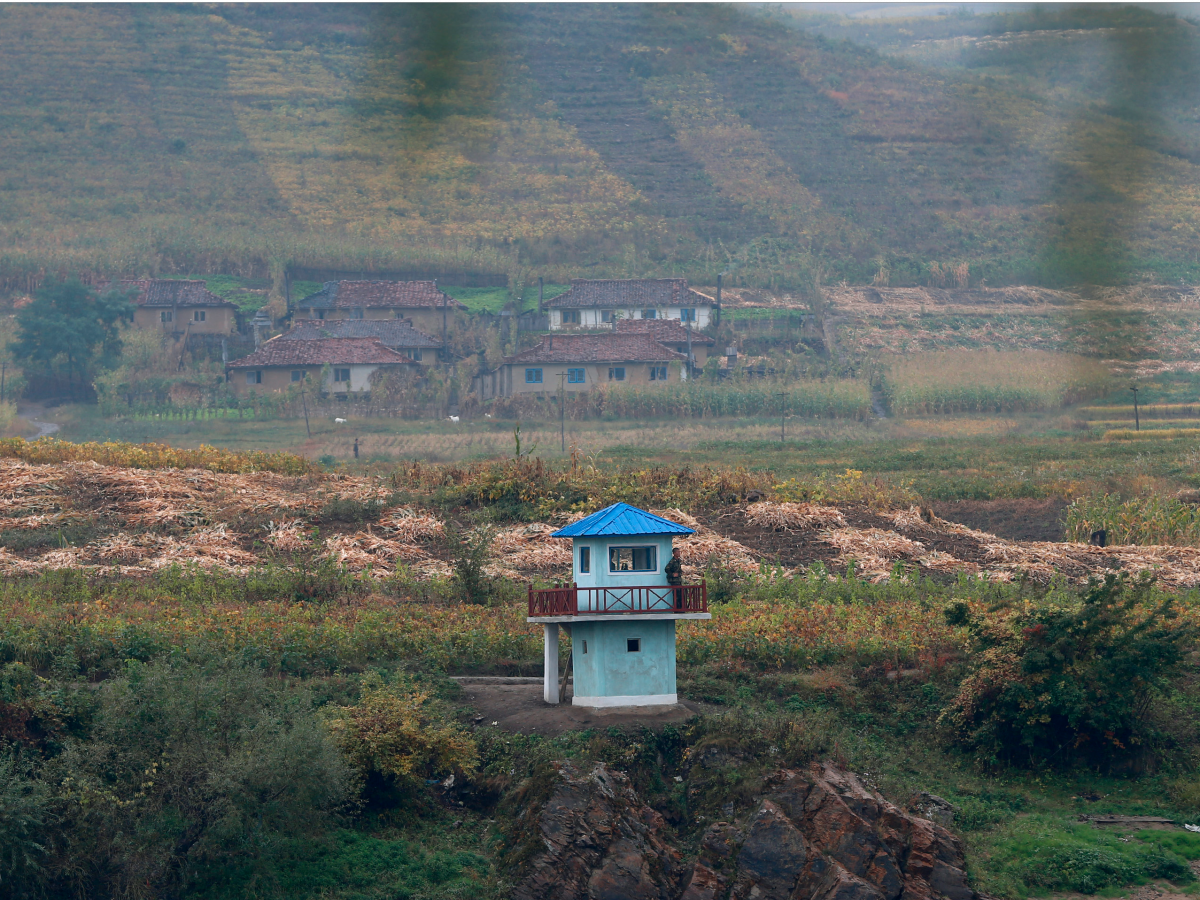
North Koreans are prohibited from having “unapproved” electronic devices, even such as portable DVD players, but many of them buy such devices on the black market. In addition to playing DVDs, many such devices can plug in and read USB drives or external hard drives.
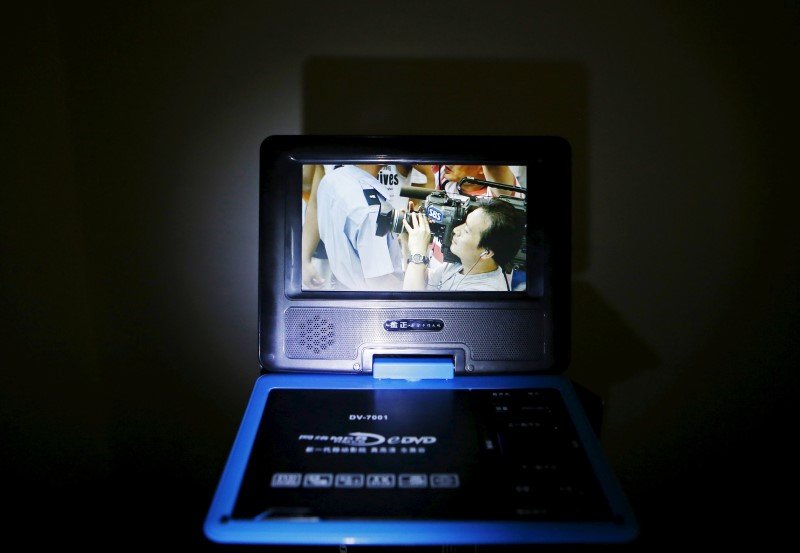
Since portable DVD players have become more popular with North Koreans, activist organizations outside the country have analyzed the possibility that these devices may be an ideal Trojan horse element to undermine current propaganda regimes.
In North Korea, there is a rapid growth of the black market of various goods, from clothing and cigarettes to modern electronics.
This is where the Flash Drives for Freedom mechanism begins.
HRF and its South Korean partners fill the black market with free USB-drives with simple and clear video or audio content. For example, the South Korean television show, because it is a very open and understandable way to convince the citizens of North Korea that their neighbors are normal people who have their own hectic life and economic growth.
HRF allows its South Korean partners, who are helped by defectors from North Korea, to find out which information is best copied to USB-drives. These are mainly recordings of South Korean soap operas, Wikipedia articles, copies of Bollywood and Hollywood films.
As soon as a sufficient batch is collected from USB drives, they are processed (erase all data, remove all logos and inscriptions, record media campaign content), HRF transfers batches from 500 to 1000 drives at a time to its partners.
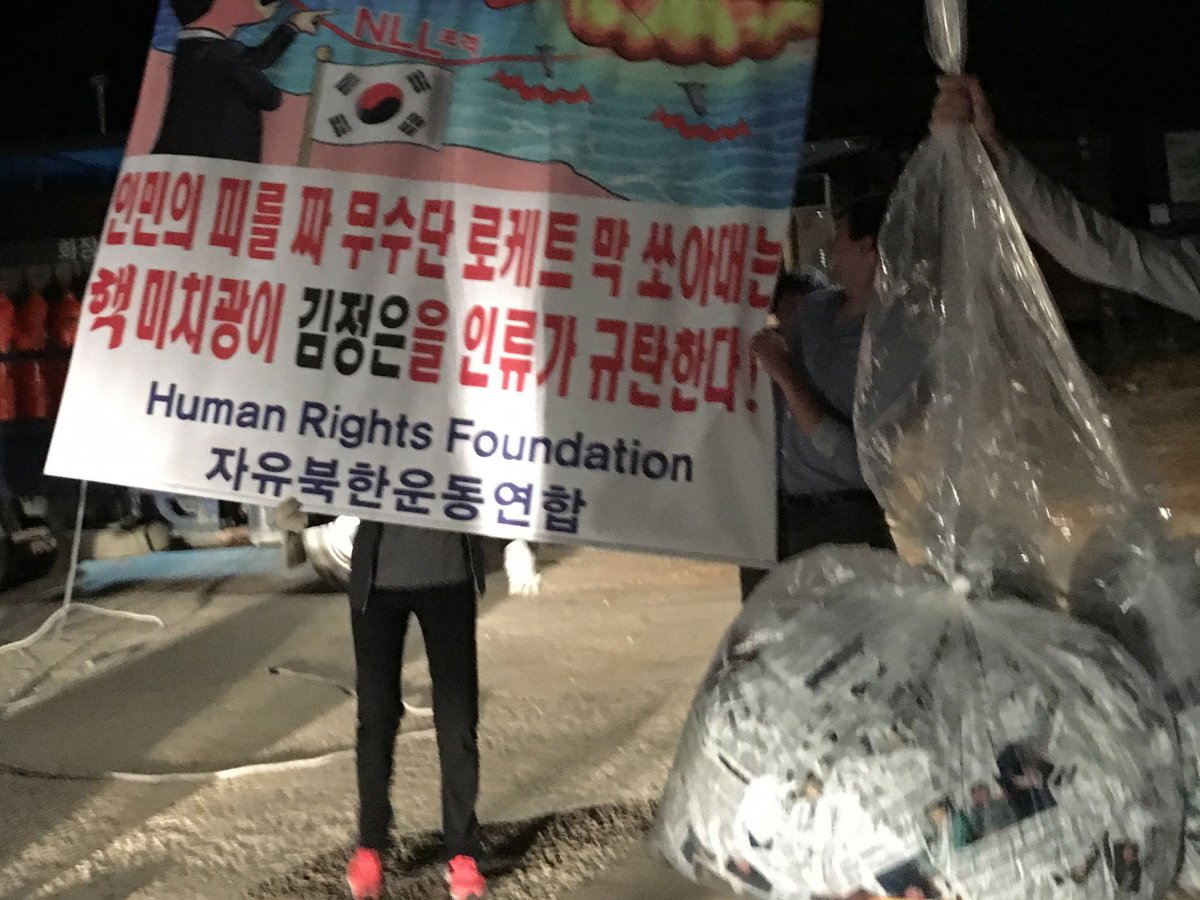
At first, balloons were used for such supplies.
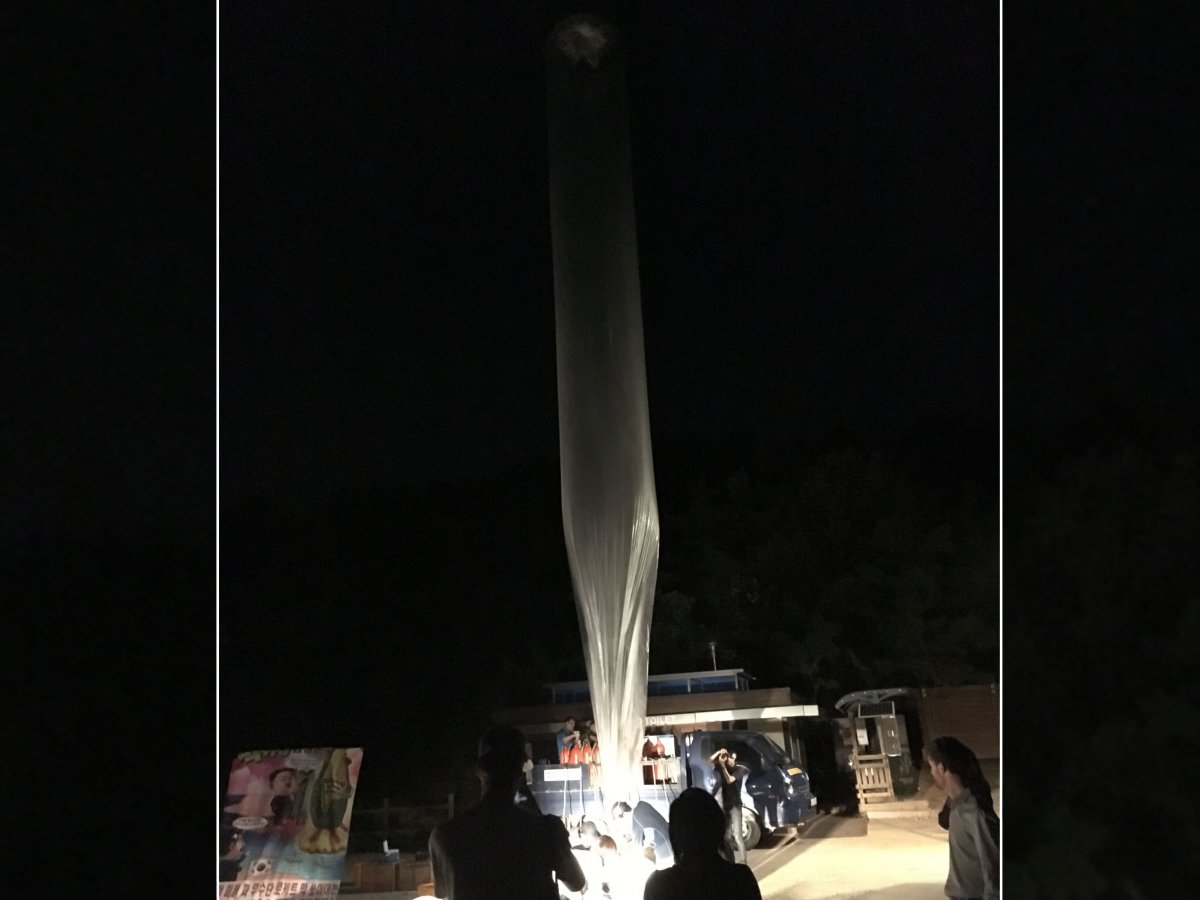
Now used drones that allow you to scatter USB-drives not at once in large batches, but in several pieces, for example.
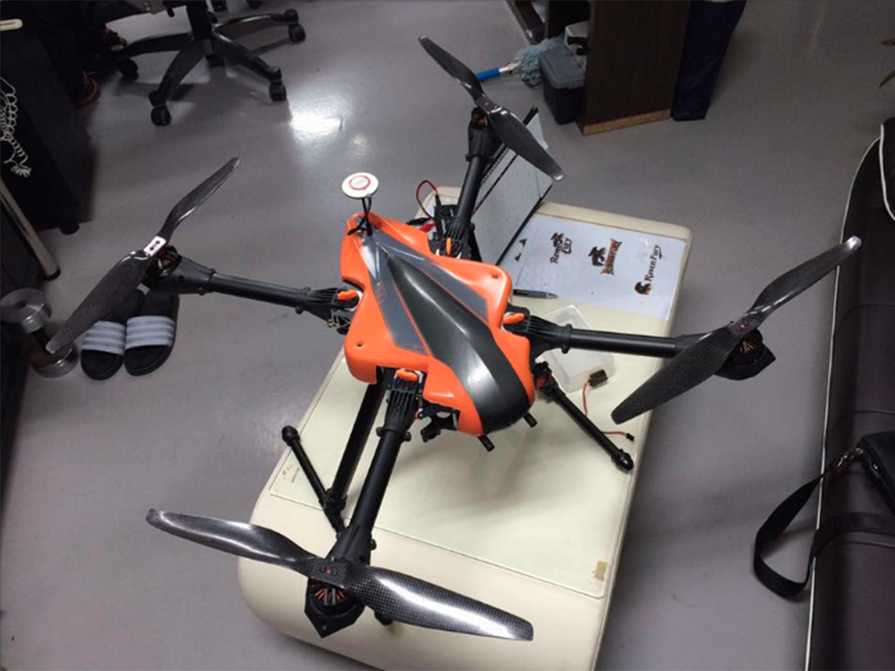
Drones are remotely piloted from South Korea to the border and further areas of North Korea, where the population inside the country takes them and helps distribute them. Drones usually come back to transfer the next batch of drives.
“Some of our partners have contacts that receive drives and scatter them around markets and other places inside towns and villages,” says Gladshtein. “Then, at dawn hours, local children find many of the drives and even sell them for profit, given that they are valuable. Brilliant! ”
Gladshtein said that defectors and Western journalists who visited North Korea are increasingly seeing changes inside. “Nearly every North Korean defector and refugee we have ever met came in contact with the foreign information we sent when they lived in North Korea,” he said.
Epilogue
Более двух лет работает данная программа уже и продолжает функционировать.
О ней можно ознакомится по этому адресу:
flashdrivesforfreedom.org
В итоге в 2018 году механизм «Flash Drives for Freedom» реализовал:
— 125,000 флэшек были пожертвованы, обработаны и запущены внутрь периметра страны;
— 1.3 миллиона человек в Северной Корее получили материалы косвенно или ознакомились с контентом с флэшек напрямую;
— в общем 50 миллионов часов необходимо для чтения материалов, что содержал контент в составе накопителей;
— в общем 2.1 миллиона часов медиаконтента было записано на накопителях.
Вопрос про механизм стирания пожертвованных накопителей остается. Как и возможность их восстановления за периметром.
О ней можно ознакомится по этому адресу:
flashdrivesforfreedom.org
В итоге в 2018 году механизм «Flash Drives for Freedom» реализовал:
— 125,000 флэшек были пожертвованы, обработаны и запущены внутрь периметра страны;
— 1.3 миллиона человек в Северной Корее получили материалы косвенно или ознакомились с контентом с флэшек напрямую;
— в общем 50 миллионов часов необходимо для чтения материалов, что содержал контент в составе накопителей;
— в общем 2.1 миллиона часов медиаконтента было записано на накопителях.
Вопрос про механизм стирания пожертвованных накопителей остается. Как и возможность их восстановления за периметром.
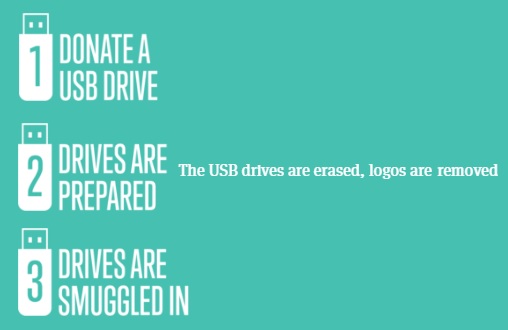
Only registered users can participate in the survey. Sign in , please.
